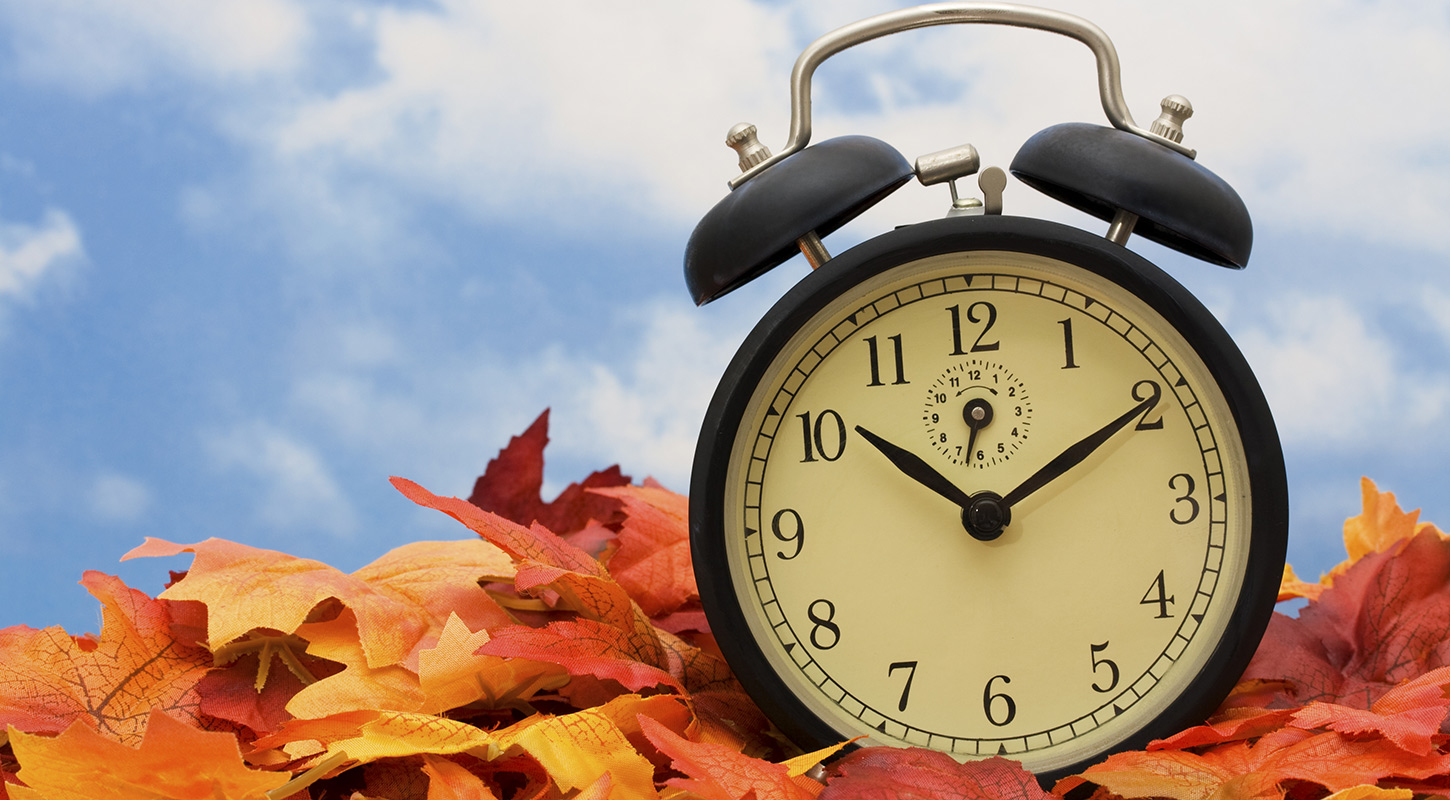Preparing Your Body for Daylight Saving Time

The end of Daylight Saving Time may not seem like a big deal, but the change in time can have a big impact on your body and your sleep. The change back to standard time in the fall provides more light in the morning hours during the winter and many people look forward to gaining an extra hour of sleep that night. However, the truth is that one hour difference can throw off your circadian rhythm, the body’s internal clock that regulates your sleep-wake cycle.
“Beginning Sunday, November 1st, you will have a harder time staying awake until your normal bedtime and find yourself waking up earlier than your morning alarm clock,” said Dr. Robert Schriner, Medical Director of the Baptist Sleep Disorders Center at Baptist Memorial Hospital – Collierville. “Being a sleep restricted society in general, any changes in our schedules can cause problems with daytime alertness and concentration.” Sleep deprivation can also cause other short-term effects like worsening blood pressure and blood sugar control or increase in predisposition to infections like the flu.
Luckily, there are some simple ways you can prepare your body for the time change. Starting a week or so before the clocks turn back, try phase delaying your schedule by 15 minutes every two to three days. This means if you typically go to bed at 10:00 p.m. and get up at 5:00 a.m., change to going to sleep at 10:15 p.m. and waking up at 5:15 p.m. Increase the time by 15 minutes every few days to help adjust yourself to the sudden one hour time change. “It is helpful to resynchronize your body’s internal clock to the new light-dark schedule by trying to capture as much sunlight as possible at the beginning of the day,” Schriner said. “Keep in mind that it might take your body up to one week to truly adapt to this time change, especially if you did not start gradually adjusting your sleep-wake schedule beforehand.”
In addition to preparing for the time change at the end of Daylight Saving Time, Dr. Schriner provided three simple steps you can take to help yourself get the best possible sleep. “Exercise every day and as early in the day as possible; avoid caffeine after 3 p.m. and do not eat your evening meal or drink alcohol within two hours of bedtime; and keep your bedroom cool, quiet, and dark. This means turning off all electronics like cell phones and TVs.”
If you’re having trouble sleeping, download our Sleep Diary to help keep track of your habits.
